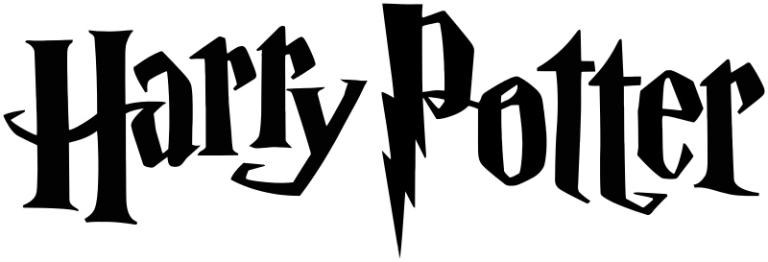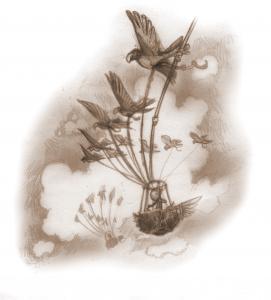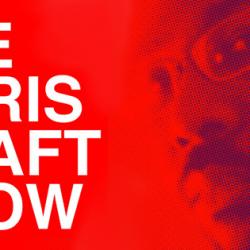
I recall the panic among knee-jerky conservatives in my church when The Harry Potter phenomenon got going. The fear, of course, was that a book about witches and wizards would encourage children to take up the dark arts.

When things had grown to such a frenzy that I could no longer ignore it, I decided I should see what all the hubbub was about. I read the first book in the series, Harry Potter and the Sorcerer’s Stone.
I enjoyed it. The characters were charming, and there was an emphasis on good old-fashioned virtues like loyalty and courage. The magic was tame, the incantations were actually Latin. And there was a strong emphasis on good overcoming evil. There were even some good insights into the nature of evil, namely a fear of death that can tempt you to betray the truth–and other people.
But since then I’ve tried my hand at fiction for kids and I’ve come to see that Harry Potter truly is a Trojan Horse in one respect–and it’s pretty damning.
Not that Harry Potter is unique in this respect. Star Wars shares the fault. And I’m beginning to wonder if this fault doesn’t have something to do with the tremendous popularity of both franchises.
Essentially the dark magic is this: you’re so special.
A protagonist who discovers that all the people around him have missed his inner greatness is a very satisfying character to identify with.
And as the story unfolds and he learns the truth about his greatness, you can’t help vicariously feeling that it’s true for you, too! You’re unappreciated, just like Harry Potter, or Luke Skywalker. Just like them, you’re more than people realize. And boy, isn’t it great when they save the day? They even save the people who put them down, talk about gratifying.
I’m reminded of a fantasy I indulged in as a child, and in my weaker moments as an adult, in which I attend my own funeral–either as a ghost, or as a mourner, mysteriously incarnate for the event.
And there I get to relish the tears and the cries of “I never knew how much I owed him!” or “I am so sorry I took him for granted.” And I think as I relish a moment that exists only in my mind, “At last they know the truth!”
Then there is the power the hero or heroine exercises. (Yes, I’m the sort of guy that insists on retaining “heroine”.) Again, there is the surge of potency that comes when Harry, or Luke, with the flick of a wand, or a hand, send a bad guy flying across the room.
And this isn’t all bad, but I wonder about the cost to Harry’s, or Luke’s, fictional souls, or to mine, the reader. Isn’t there a price to this sort of thing in real life? Sure, justice is served sometimes, but so is something less praiseworthy: ego.
So as I’ve wondered about these things I’ve experimented with my own fiction. Can a hero exercise power in a way that costs him something? Can you tell a story about a truly ordinary person who acquires his gifts from someone else, but discovers the dark side of it the hard way? Sure, Tolkien did it. But it seems to be the exception, not the rule.











